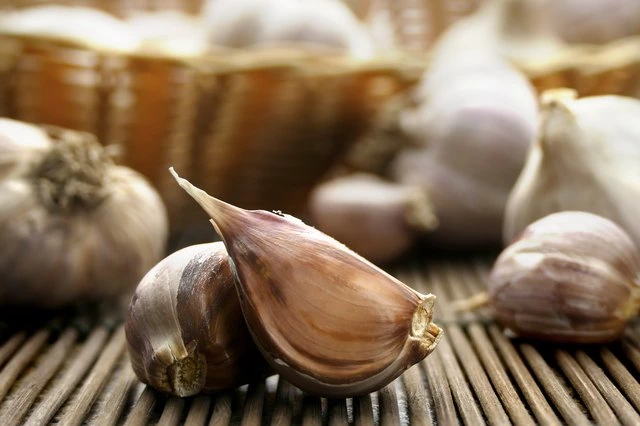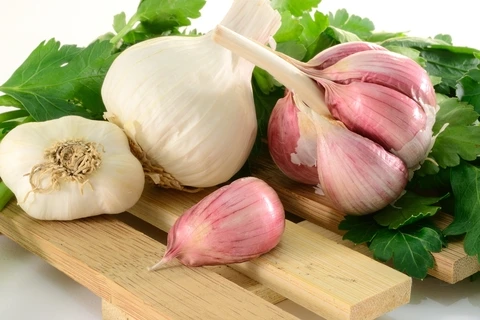
It has been suggested that garlic may reduce blood pressure in hypertensive individuals in several studies. As a result of these studies, garlic was effective in reducing blood pressure, with a reduction of up to 8 mm Hg in systolic blood pressure (SBP) and a reduction of up to 5 mm Hg in diastolic blood pressure (DBP). There are still many questions about the long-term effects of garlic on hypertension. It has also been shown to be mildly antithrombotic. To better understand garlic's effects on cardiovascular morbidity and mortality, long-term trials should be conducted to investigate garlic's antioxidant properties.
There were twenty studies that examined the hypotensive effects of garlic consumption for two weeks as part of a meta-analysis. According to the results, garlic was effective as a mild antithrombotic agent, with significant reductions in SBP, DBP, and prothrombin index. In hypertensive patients, garlic significantly reduced DBP. However, this effect did not appear in normotensive patients. These results suggest that these individuals may have some suboptimal B vitamin status. Additionally, the study did not report on participant compliance, which may have affected the study's results.

Meta-analyses of the original studies from 1994 and the updated meta-analysis were compared. Two new trials were excluded from the updated meta-analysis as additional data have been published since 1994 that allowed for a subgroup meta-analysis of hypertensive subjects. The new trials were not included in the most recent meta-analysis because they did not meet the meta-analysis's criteria.
To test for potential reasons for heterogeneity, a regression analysis was used in the updated meta-analysis. To measure the degree of heterogeneity, the I2 statistic was used. The outcome analyses were performed using a Review Manager program, a part of the Cochrane Handbook. The dotted lines indicate the 95% confidence intervals. Low heterogeneity was found to be a significant predictor of garlic usage.

Also examined in the study were the clinical and biochemical effects of garlic supplementation. Several system parameters were positively affected by garlic, including macrophage activity, cardiovascular killer cell production, T and B cell production, triglycerides, cholesterol, and oxidative stress. Additionally, garlic supplementation has been shown to reduce triglycerides.
In the meta-analysis, nine studies were included that used garlic powder as the intervention. The dosage ranged from 600 to 900 mg/day, and the duration of the studies ranged from 12 to 23 weeks. Eight of these studies reported complete SBP data, while the other did not. According to the ten studies with complete DBP data, the hypertensive subgroup saw a mean decrease in SBP of 4.6 +- 2.8 mm Hg and DBP of 7.3 +- 1.5 mm Hg.
Aside from reducing cholesterol levels and triglycerides, garlic may also modulate inflammatory responses, which may increase the immune system's anti-inflammatory abilities.


